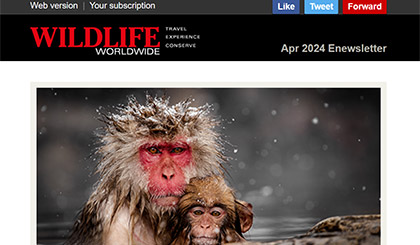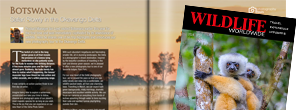Resident Killer Whales of Southern British Columbia

British Columbia’s Southern Resident Killer Whales (SRKW) can charm and captivate both travellers seeing them for the first time, and those who have followed them for a lifetime. Their undeniable beauty tempts the greatest lenses from around the globe – though even more important is everything these killer whale families can teach us about our oceans, and how to be better wildlife stewards for generations to come.
I have grown up alongside the resident killer whale families that call the pacific northwest home. As a toddler, I rode along while my mother operated one of the first whale watching vessels to introduce visitors to the iconic three families known as J, K, and L pods.
Our early mornings in Sidney on Vancouver Island smelled of the sea. When your mother wakes you up early to drive and hike up the nearest mountain to set up her otherworldly giant binoculars, you have to wonder if she’s gone mad, or if all of this fuss is worth it – but spotting those graceful black dorsal fins, and blows highlighted against the cool morning air, was a mark of success that sent everybody down to the boat smiling.
 Learning how these magnificent animals would travel, interact, and socialize became a lifestyle every summer.Three families of whales may seem a small focus, but to truly know this group is to know a history of struggle, survival, strength, and joy – your thoughts never far from their well-being and desperately needed growth. With time these animals became friends, their troubles my own, and those early mornings not quite such an imposition. With their unique markings committed to memory, I was able to share information with visitors about each whale we were seeing, who their family members were, and what made them particularly special. In hindsight perhaps hearing this information from a child was unusual to many, but I knew nothing of this at the time and simply loved sharing their stories.
Learning how these magnificent animals would travel, interact, and socialize became a lifestyle every summer.Three families of whales may seem a small focus, but to truly know this group is to know a history of struggle, survival, strength, and joy – your thoughts never far from their well-being and desperately needed growth. With time these animals became friends, their troubles my own, and those early mornings not quite such an imposition. With their unique markings committed to memory, I was able to share information with visitors about each whale we were seeing, who their family members were, and what made them particularly special. In hindsight perhaps hearing this information from a child was unusual to many, but I knew nothing of this at the time and simply loved sharing their stories.
In the late nineties, modern whale research began to gather momentum as public awareness was on the up. Only a few short decades separated this age from that of the whale hunters, but attitudes were beginning to change. Technology and research abilities expanded and the knowledge grew rapidly, as did the youngest whales and one of their devoted followers - who was still not yet big enough to use a full size pair of binoculars (not to say I didn’t try).
 As of today, I am drawing very near graduation from university with a degree in biological sciences and still spending each summer out on the water with J, K, and L pods – though now I am the one fortunate enough to be at the helm. With modern spotting networks in place, there is less need for our old fashioned know-how in predicting the pods travel behaviours, but those learned skills from my childhood have proven invaluable on so many occasions. Above all, leading tours on the waters I grew up on is a fulfilling way to keep contact with these incredible whales that I have come to love over many years. It is my hope that others can meet these families and be inspired the way I have – though I must warn you, they will keep you coming back.
As of today, I am drawing very near graduation from university with a degree in biological sciences and still spending each summer out on the water with J, K, and L pods – though now I am the one fortunate enough to be at the helm. With modern spotting networks in place, there is less need for our old fashioned know-how in predicting the pods travel behaviours, but those learned skills from my childhood have proven invaluable on so many occasions. Above all, leading tours on the waters I grew up on is a fulfilling way to keep contact with these incredible whales that I have come to love over many years. It is my hope that others can meet these families and be inspired the way I have – though I must warn you, they will keep you coming back.
All photos property of Amanda Madro
Join our trip to see these orcas up close and personal. Or visit Vancouver Island to see a variety of whales, mammals and birds.








